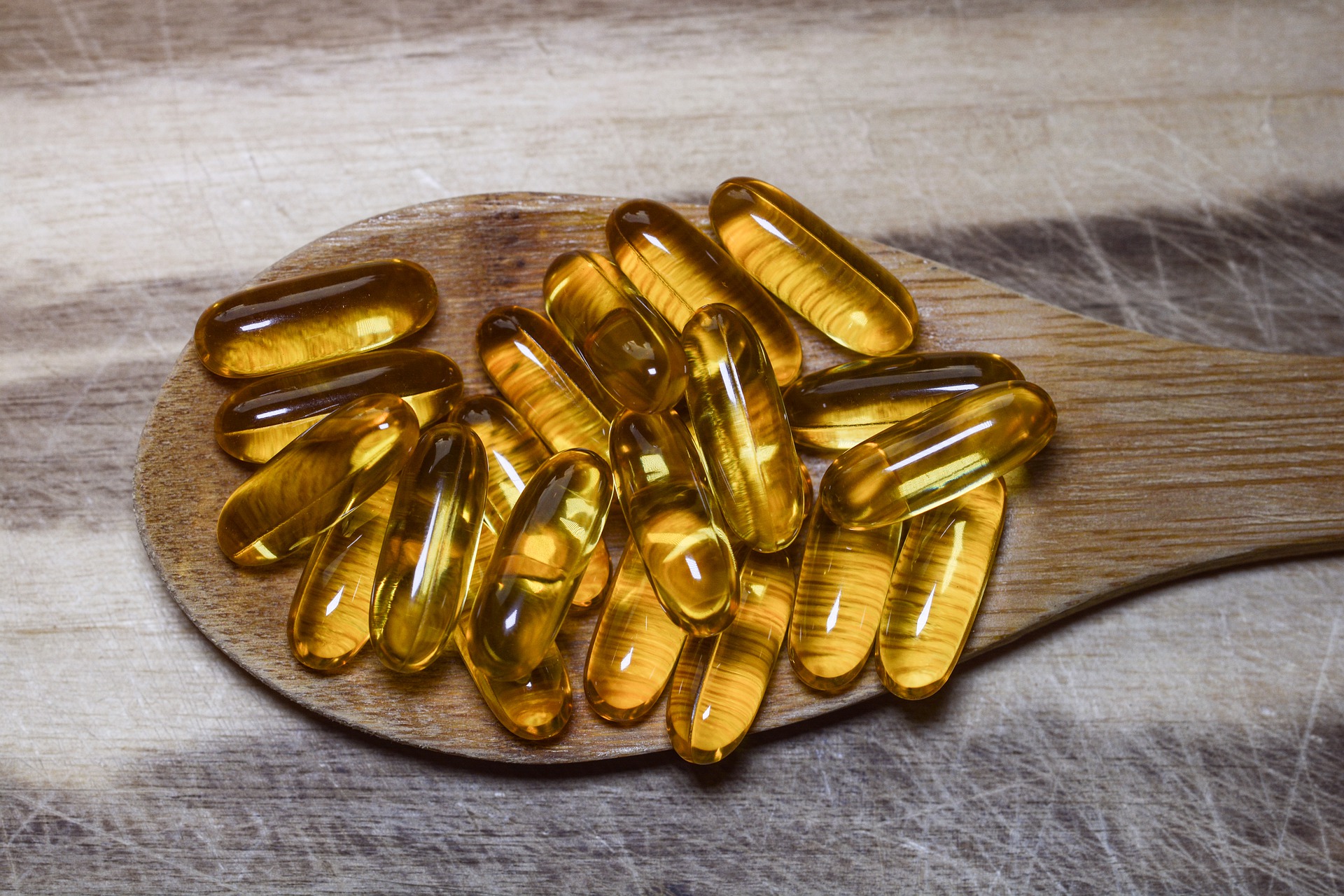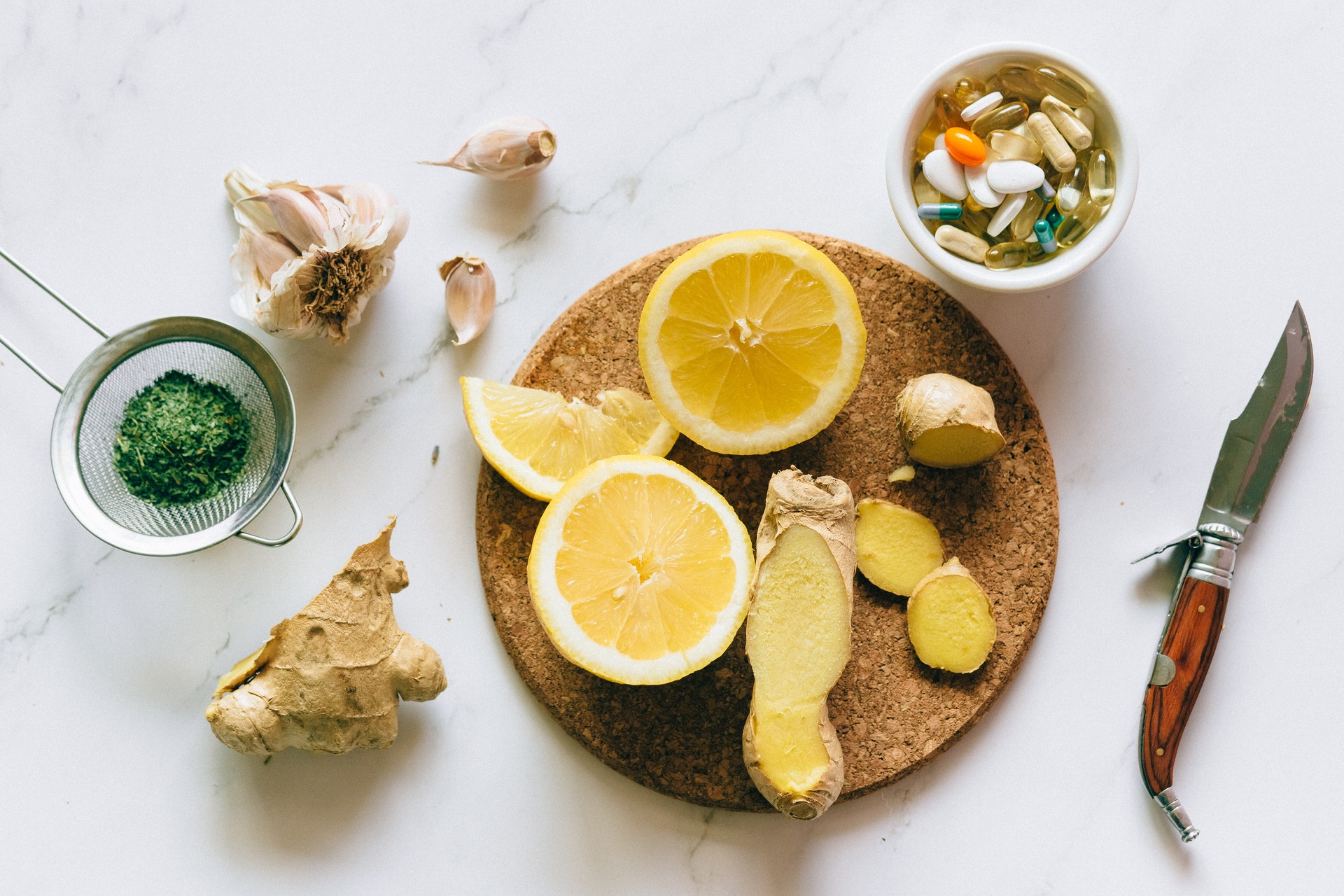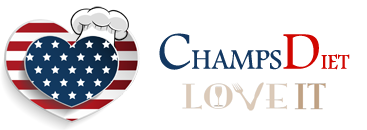An immune-boosting diet must become a habit. Immunity goes hand in hand with good nutrition. A diet that can help prevent disease must be varied and rich in nutritious foods. If children do not eat a variety of vegetables, fruit and other nutritious foods, it is useful to enrich their diet with food supplements. A wide range of vitamins and minerals are needed to boost immunity, so it is a good idea to choose complex multi-vitamins. The focus is on vitamin C. This vitamin performs a wide range of immune-boosting functions and is therefore important for preventing diseases, especially those that attack a body that is weakened by the winter. Vitamin C is not only useful in the season of illness, but also during the child’s rapid growth and sports activities. Studies show that there are few health benefits from taking a synthetic vitamin. It is therefore important to find out what form vitamin C is in when choosing vitamins. According to research, the most effective form is derived from extracts of rosehips, malpighia, other citrus fruits with bioflavonoids. These are the words to look for on the vitamin label.

Fish oil is useful for boosting immunity. Fish oil can be consumed all year round. Fish oil boosts immunity and reduces inflammatory reactions. When choosing fish oil, it is important to pay attention to the amount of omega-3 fatty acids EPA and DHA in the list of ingredients. The content of these acids should be as high as possible. It is sometimes the case that the total amount of omega-3 fatty acids in fish oil is as low as 30%, in which case 2 capsules a day may not be enough to strengthen the body. For children, it is recommended to get 5 ml of fish oil per day. Only liquid fish oil is suitable for infants and young children. Often, liquid fish oil has a higher concentration of omega-3 fatty acids than capsules. As a reminder, multi-vitamins and fish oil should not be taken together. Multi-vitamins can be taken in the morning and fish oil at lunchtime or in the evening.
Vitamin E is an important antioxidant that has a positive effect on immunity and promotes cell renewal. Eating meat, nuts, seeds, dairy products, egg yolk, peas and beans provides us with d-alpha-tocopherol, RRR-alpha-tocopherol and other forms of vitamin E. You should look for these forms of vitamin E in the list of ingredients when you are choosing your food supplements.
Selenium boosts immunity and increases the number of cells that fight disease-causing agents. It is therefore particularly useful to include eggs, herring, tuna, eel, carp, brussels sprouts, garlic, buckwheat, rice, wheat, sunflower and sesame seeds in your daily diet. Zinc is second only to selenium in its importance in strengthening the body. Eating wheat bran, flaxseed, oatmeal or oat groats, nuts, eggs, beans will inhibit the growth of the virus and reduce its ability to attach to cells by providing the body with the important antioxidant zinc.
This completely safe food supplement can be made in your own kitchen at home and consumed daily. Grind sunflower seeds, pumpkin seeds, sesame seeds, flaxseeds, hemp seeds, wheat bran in equal parts. Use the resulting mixture in your child’s meals or encourage them to drink it with water, juice or yoghurt. This natural food supplement provides the body with iron, zinc, vitamins E, A and D, selenium, magnesium, protein and fibre.
Today, there is a wide range of products that boost immunity and reduce the risk of seasonal diseases. However, it should be remembered that the most effective prevention is that which takes place much earlier, not after the first symptoms have been felt. Therefore, we can prepare for spring viral attacks before winter even starts.

Natural remedies should be preferred for prevention. Water with grapefruit seed extract, sea buckthorn tea with honey, bee propolis, breadfruit or pollen (if there are no allergic reactions, it is not recommended for young children), aloe vera, watermelon juice, ginger crushed with honey, decoctions made from sage leaves, rosemary, lavender, rosehips mixed with honey, and daily exercise are all excellent means of strengthening the body. Horseradish, which is forgotten and rarely used in the family, is rich in vitamin C and has a bactericidal effect. For children, we can add a little horseradish to hummus or cottage cheese spread. Horseradish can be put on buttered bread for sandwiches. The butter will soften the horseradish’s spiciness. Before using natural remedies to strengthen your child’s body, assess your child’s body’s reactions to the food and consult your doctor before use.

